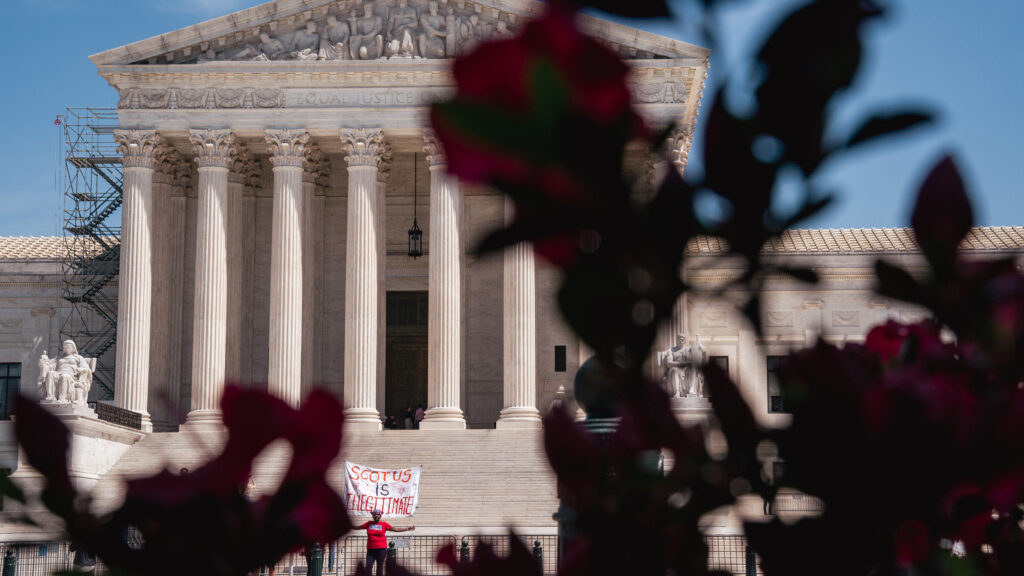WASHINGTON — The Supreme Court agreed Wednesday to take on whether Americans can access a commonly used abortion pill.
It will be the court’s first major abortion case since it overturned Roe v. Wade last year, giving jurisdiction over abortion laws back to the states. Since then, 13 states have banned the procedure and seven others have enacted severe limits, though several of those restrictions are in court and voters have spurned others.
advertisement
The panel will hear arguments this spring and likely issue a decision this summer in the midst of a presidential election that has put abortion rights at the forefront. Its decision could have significant ramifications for the Food and Drug Administration’s regulatory authority.
The Supreme Court’s decision will center on new state restrictions around mifepristone, a pill approved by the Food and Drug Administration more than two decades ago. The drug and another, misoprostol, are approved for abortions up to 10 weeks, when the majority of abortions occur. Medication abortions account for roughly half of the procedures each year.
A conservative Texas judge ruled this April that the agency “acquiesced on its legitimate safety concerns” amid political pressure to approve the drug. The same day, a Washington state judge ordered the FDA to maintain its approval and drop prescribing restrictions because it had been proven safe over years of use.
advertisement
Biden officials appealed the Texas ruling and pledged to bring it to the Supreme Court. Democratic state governors and reproductive rights organizations have also lined up to fight for mifepristone access. The Supreme Court issued a stay on the Texas decision — meaning access remained unchanged — while it decided whether to hear the case.
The lawsuit was brought by a Christian-based medical organization, the Alliance for Hippocratic Medicine. Danco Laboratories, which makes a branded version of the drug, Mifeprex, is a defendant.
A three-judge appellate court this summer said too much time had elapsed for plaintiffs to challenge the original approval, but ordered reversals of recent efforts to ease access to the drug. FDA in 2017 extended approval from seven weeks to 10 weeks of pregnancy, while the Biden administration in late 2021 relaxed some of the prescribing requirements for the medicine, allowing mail-order and pharmacy pickups.
The Supreme Court’s 5-4 ruling in June 2022 to overturn Roe provided some indication of its thinking going into the mifepristone case. While Justice Samuel Alito wrote at the time that it would not have repercussions for other rights, Justice Clarence Thomas argued in a concurring opinion that it opened the door to review other precedents that are “demonstrably erroneous” including previous cases that encased rights to contraception, same-sex marriage, and marriage equality.
GenBioPro, maker of a generic version of mifepristone, said in a statement Wednesday that the drug is still lawfully available. However, “We remain concerned about extremists and special interests using the courts in an attempt to undermine science and access to evidence-based medication,” said Skye Perryman, GenBioPro’s legal counsel and CEO of Democracy Forward, in a statement.

